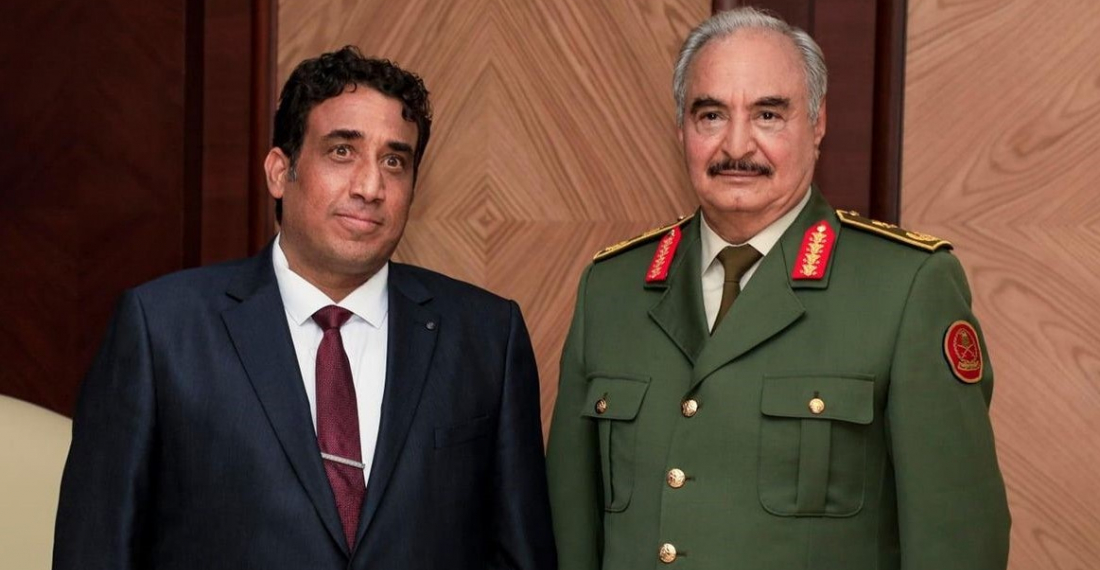Libya's newly appointed prime minister, Abdul Hamid Dbeibah, confirmed on Saturday that he has started work on forming a new government of national unity. The new prime minister said in his selection he will prioritise efficiency, whilst taking into account the need to include members from across Libya's diverse the political spectrum.
"We are still working hard on forming a government of national unity. We have indeed begun the process of evaluation of all candidates and resumes that we received," Dbeibah said in a tweet.
The appointment of a unity government comes as a result of the fruitful dialogue in recent months between Libya's various factions. Members of the Libyan Political Dialogue Forum (LPDF) recently elected a prime minister along with a new three-member presidency council. The decision was welcomed by Libya’s various parties.
The commander of the Libyan National Army (LNA), Khalifa Haftar, has also offered his support for the peace process after meeting the head of a new transitional presidential council, Mohammed Younes Menfi.
Haftar offered “the support of the armed forces for the peace process, to defend democracy and the peaceful transfer of power,” his office said in a statement.
Meanwhile, Menfi embarked on a tour around the country where he engaged in consultative meetings with a number of army leaders, tribal elders, and civil society organisations. The consultations concerned two prominent files that the new Libyan leadership seeks to address which are the unification of institutions, including the military, and the launch of the comprehensive reconciliation project.
Fayez al-Serraj, former Prime Minister from the Government of National Accord, handed over his powers to his first deputy, Ahmed Maitiq, and left abroad for an unknown destination with no announcement about a return date.
Furthermore, the Spokesperson for the Turkish Presidency, Ibrahim Kalin, said that Turkish troops will remain in Libya as long as the bilateral military agreement between Ankara and Tripoli stands.
Kalin also stressed that Turkish companies will play an “active role” in reconstruction in Libya.
Libya interim authority will lead the country until the elections scheduled for December 2020.
Source: commonspace.eu with various agencies.
Picture: Mohammed Menfi meets with Khalifa Haftar (Twitter: @EanLibya).







